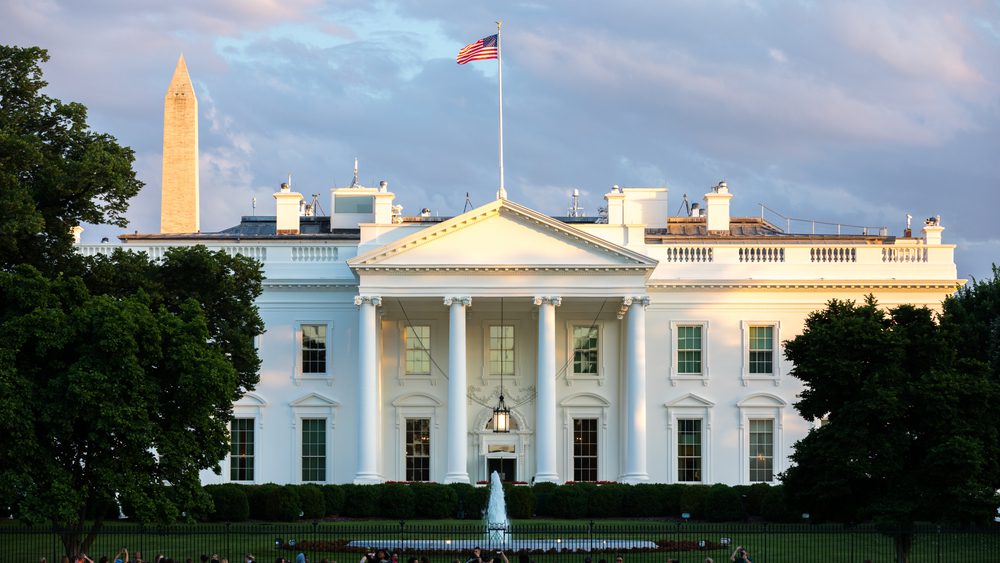
French President Emmanuel Macron spent several days in the United States on a state visit with his counterpart Joe Biden. It was a display of a close and warm relationship between the two heads of state after a 2021 characterised by a cooling of relations following the breakdown of a French submarine purchase contract by Australia was blamed on US pressure.
Emmanuel Macron’s last trip to the United States was during the Trump era, in 2018. He is thus the first French president to have made two state visits to Washington. On his arrival in the United States, President Macron uncharacteristically chose to tackle head-on the subjects that make European and French people angry, first and foremost Joe Biden’s support measures for American industry combined with protectionist measures that work against European industry.
Macron attacked the Inflation Reduction Act, which took effect in August as part of the major climate plan passed by the U.S. Congress. Focusing mainly on the environment and social spending, the plan provides for more than $430 billion in federal outlays, including $370 billion to reduce greenhouse gas emissions by 40% by 2030—the largest effort ever made by the United States in this area. The federal spending takes the form of tax breaks for companies that invest in clean energy as well as significant subsidies for electric vehicles, batteries, and renewable energy projects when these products are made in the U.S. Subsidies for U.S. individuals under the plan are only paid out for persons investing in U.S.-made equipment. France and other European countries see these various subsidies as “discriminatory,” especially for European car manufacturers.
Macron called the Biden plan “super aggressive.” He has in mind to obtain exemptions for European industries, a plan that has little chance of success. Indeed, Joe Biden responded firmly to Macron’s questioning by underlining his personal commitment to the plan: “The United States makes no apologies,” he said.
‘Allied’ does not mean ‘aligned,’ it is stressed in Paris, where they claim a “demanding political dialogue” that is “sometimes more difficult on certain issues.” Emmanuel Macron clearly tried to put on the costume of the defender of European interests against an American egoism always quick to impose itself in times of crisis.
The tone later became more cordial as conversations turned to Ukraine, where France and the U.S. present a common front of support for Zelensky against Putin. “I am ready to talk to Putin if he is looking for a way to end the war. He hasn’t done that yet,” the U.S. president said at a joint press conference with his French counterpart before stressing that any discussions with the Russian president would be “in consultation with my French and NATO friends.” Emmanuel Macron said he wants to meet Vladimir Putin again in the coming days.
Joe and Jill Biden were seen with Emmanuel and Brigitte Macron on Wednesday, November 30th at an intimate and informal dinner—a way of showcasing the closeness and unity of purpose of the two countries as well as the friendship of the two couples.
Welcoming some friends to town. pic.twitter.com/n3rbqR98xB
— President Biden (@POTUS) December 1, 2022
On Friday, December 2nd, Emmanuel Macron, like General de Gaulle before him in 1960, made a symbolic visit to New Orleans, Louisiana, a place that was once French, but where today the French presence is more and more a matter of folklore, with only 7% of French speakers. He wished to promote the French-speaking world there and announced that he wanted to launch an “ambitious” initiative: the creation of a fund, ‘French for all,’ intended to support the learning of French in the United States, where the language of Molière is often seen as elitist. Emmanuel Macron defended the French-speaking world mainly…in English.
The visit ended with a gala dinner at the White House, where compliments followed flattery on both sides, as if to sweep away the tensions that had arisen at the beginning of the visit.
Jill and I were honored to welcome the Macrons to our first State dinner as President and First Lady – and to celebrate a friendship defined by the greatest of causes:
— President Biden (@POTUS) December 2, 2022
Democracy, liberty, equality, opportunity. And freedom. pic.twitter.com/2Eec4fTw7p
